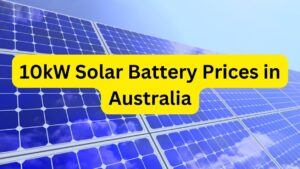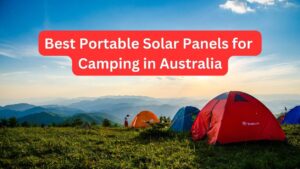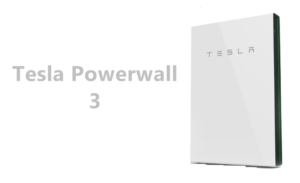
Are you a camping enthusiast looking to harness the power of the sun for your outdoor adventures? With the rise of portable solar panels for camping, you can now enjoy the convenience of renewable energy wherever your wanderlust takes you. But with so many options available, figuring out what size solar panel you need for camping can be daunting. Fear not! In this guide, we’ll break down everything you need to know to make an informed decision.
Understanding Your Camping Energy Needs
Before diving into the specifics of solar panel sizes, it’s essential to assess your energy requirements. Consider the devices you’ll be powering during your camping trips. This might include smartphones, tablets, laptops, portable fridges, lights, fans, or even small appliances like coffee makers or electric stoves.
Make a list of these devices and their power ratings in watts. This will give you an idea of the total energy consumption per day. Remember to account for cloudy days or increased energy usage during extended trips.
Factors to Consider When Choosing Solar Panel Size
1. Power Output
Solar panels are rated by their wattage output. The higher the wattage, the more power they can generate. Look for panels with sufficient wattage to meet or exceed your energy needs.
2. Sunlight Availability
Consider the average sunlight hours in the areas where you’ll be camping. If you frequent sunny locations, you may need fewer panels compared to camping in areas with less sunlight.
3. Panel Efficiency
Higher efficiency panels can generate more power in limited space, making them ideal for compact camping setups.
4. Space and Weight
Portability is key for camping solar panels. Choose solar panels that are light weight and easy to transport, especially if you’ll be hiking to your campsite.
Calculating Your Solar Panel Needs
To determine the right size solar panel for your camping setup, follow these steps:
1. Total Daily Energy Consumption
Add up the wattage of all the devices you’ll be powering and estimate the total energy consumption per-day.
2. Sunlight Hours
Research the average sunlight hours in your camping locations. Multiply the total daily energy consumption by the number of sunlight hours to get the total watt-hours needed per-day.
3. Panel Efficiency
Divide the total watt-hours needed per day by the average sunlight hours to calculate the minimum wattage required for your solar panel.
4. Account for Variability
To ensure reliable power, consider adding a buffer to your calculations to account for factors like inefficiencies in the solar system, cloudy days, or increased energy usage.
Choosing the Right Solar Panel Kit
Now that you have an idea of your solar panel requirements, it’s time to explore the available options. Look for a portable solar panel kit with battery and inverter specifically designed for camping, as they often include everything you need for a complete solar power setup, including a battery and inverter.
Consider factors like:
1. Portability: Opt for lightweight and foldable panels that are easy to carry and set up at your campsite.
2. Compatibility: Ensure compatibility between the solar panels, battery, and inverter included in the kit.
3. Quality: Invest in high-quality panels and components to ensure durability and reliability during your camping adventures.
4. Power Output: Choose a kit with sufficient power output to meet your energy needs.
Best Camping Solar Panels in Australia
For camping enthusiasts in Australia, there are several top-rated solar panels to consider:
1. Goal Zero Nomad Series
Known for their high efficiency and durability, Goal Zero’s Nomad series offers portable solar panels ideal for camping.
2. REDARC Portable Folding Solar Panels
These compact and lightweight panels are designed specifically for outdoor use, making them perfect for camping trips.
3. Renogy Portable Solar Panels
Renogy offers a range of portable solar panels with options for different power outputs, allowing you to find the perfect fit for your camping solar power setup.
Conclusion
With the right size solar panel kit, you can enjoy the convenience of renewable energy during your camping adventures. By assessing your energy needs, considering factors like sunlight availability and panel efficiency, and choosing a quality solar panel kit, you can create a reliable camping solar power setup that keeps your devices charged and your adventures powered. Happy camping!
Also read:






